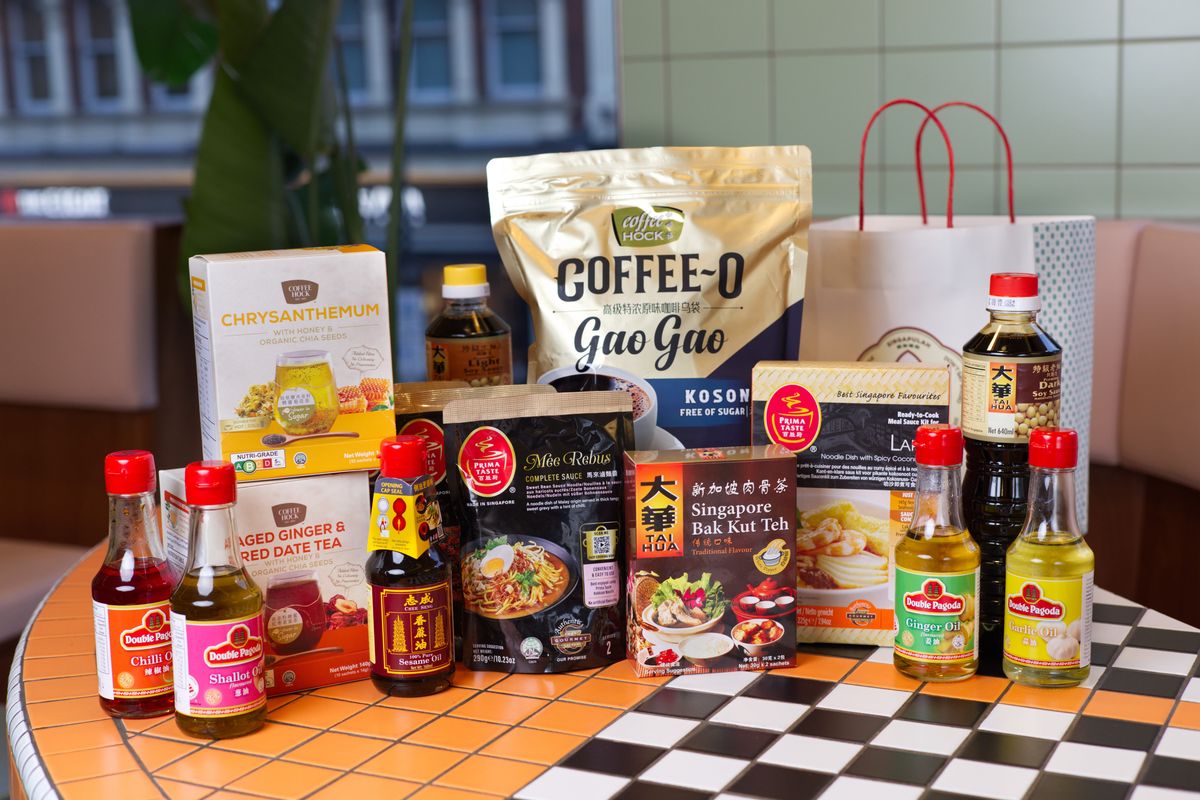Since its launch in February 2024, Singapulah has been a gateway to the tastes and flavours of Singaporean cuisine. Singapulah’s unique platform makes use of its restaurant dining rooms to showcase Singaporean cuisine, and the innovative brands and products that help bring these flavours to life. Now, Singapulah will once again join Singaporean food manufacturers with UK-based food distributors and retailers, with the launch of a new menu and accompanying foodservice products.
Singapulah’s menu is crafted in collaboration with Singaporean food manufacturers to showcase a plethora of flavours and ingredients from the island state, including new signature dishes such as Hokkien Mee, Rojak and Bak Kut Teh.
These dishes are supported by a stellar cast of Made in Singapore products such as noodles from Kang Kang, fish and surimi products from BoBo, specialty dough fritters from You Tiao Man and soy sauces and flavoured oils from Tai Hua and Chee Seng Oil. Household brand Prima Taste’s complete sauce kits will also be introduced in both foodservice and retail at Singapulah.
Artisanal ice cream brand Creamier will provide Singapore-inspired vegan desserts such as Kaya Ice Cream Toast and Sea Salt Gula Melaka Affogato, while Coffee Hock will supply Asian drinks and coffee beans, roasted in the iconic Southeast Asian tradition – with sugar and margarine.
“I opened Singapulah in February of this year to promote Singaporean cuisine, culture, and design in the heart of London," said Ellen Chew, Founder and Director of the Chew on This Group. "Since then, Singapulah has facilitated sales and sampling of made-in-Singapore products to restaurants and distributors across the UK and Europe, including many ‘new-to-market’ products. There’s still more work to be done, but I believe that what sets Singapulah apart is its authenticity. I expect interest in Singaporean cuisine to continue growing in the coming months.”
Singapulah is supported by Enterprise Singapore, the Singapore government agency championing enterprise development, and the Singapore Brand Office, with promotional support from Singapore Tourism Board and Singapore Global Network.


